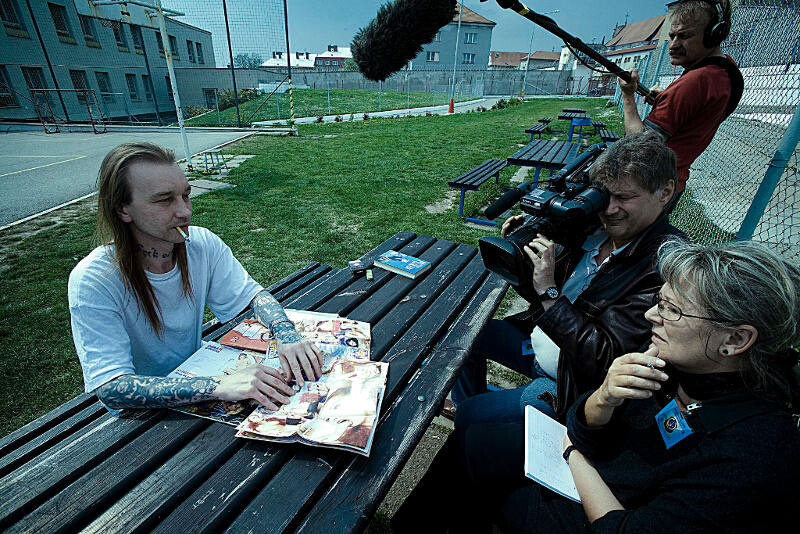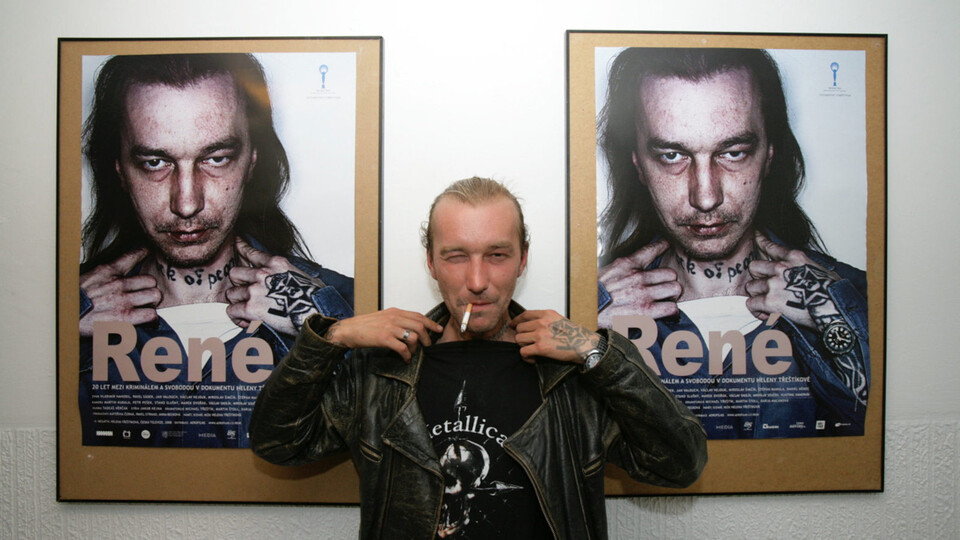How My Book on Observational Filmmaking Became Almost a Family Secret
I never had an ambition to be a writer, let alone an author of a book. Writing has never been my forte, and it always took me much effort to produce texts which, for one reason or another, I was supposed to write – as if I were carving the words into stone.
However, during the preparations for my habilitation lecture focusing on long-term observational filmmaking methods, I produced eleven pages of text which inspired me to write a more detailed account of my experience with the long-term observational documentary technique – and to perhaps even write a book about it! Andrea Slováková, who was the Head of the NAMU publishing house, happily accepted my proposal and so in the beginning of last year, I got down to work.
Not before long, I started losing myself in the text and realised that I wasn’t able to finish the book without someone else’s help. And I knew that the only person who could save me was my husband. He is a capable writer who knows how to work with language, compose texts and who, unlike myself, is able to give the text some structure and order. And besides, having lived with me for forty years and contributed with his dramaturgical skills to my films, he knows practically as much about observational filmmaking as I do. Although he was busy with his own work, he proved to be a real gentleman and agreed to join my project. We wrote the book together and he edited the text and gave it shape.
It was in summer, we were at the cottage and everything was green – I have a very pleasant memory of that time.
But what was most interesting about the writing process was that it gave me the opportunity to properly formulate and figure out my observational method. When I was describing some of my decisions, dilemmas and experiences during the preparation of my films, both in the editing room and during production, it felt like bringing order to an extremely messy room – I was sorting my thoughts into boxes to make things clear. In this sense, the writing process – very annoying at times – greatly contributed to my personal understanding of my work. Especially in moments when I struggled in vain to steer my way through the text.
But the hard work paid off – I managed to figure out many things. And at the same time, I sincerely hope that the book called Časosběr jako příběh (Long-Term Observation as a Story) will be useful for everyone who wants to explore all the different ways and possibilities of documentary filmmaking.
Translated by Barbora Rozkošná


